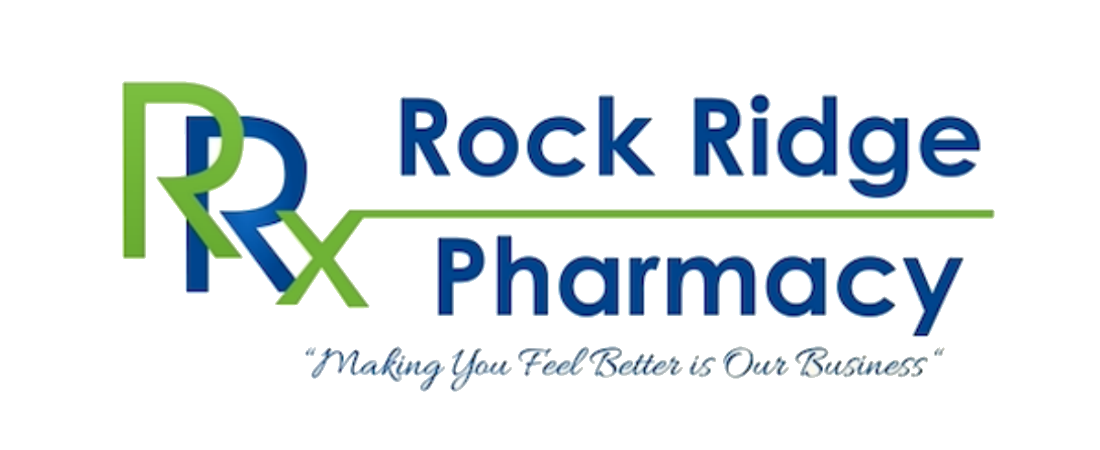Why Vitamin D Matters
Vitamin D is often called the “sunshine vitamin” because our bodies produce it when exposed to sunlight. It plays a crucial role in our bone health, immune function, and overall well-being. Without enough Vitamin D, the body struggles to absorb calcium properly, leading to weaker bones, a compromised immune system, and an increased risk of chronic diseases.
Unfortunately, Vitamin D deficiency is more common than you think—especially for those who don’t get enough sun exposure, have dietary restrictions, or suffer from certain medical conditions. Some of the most common signs of Vitamin D deficiency include:
- Fatigue and low energy levels
- Weak bones and muscle pain
- Frequent illnesses due to a weakened immune system
- Mood swings or symptoms of depression
So, what is the maximum daily dose of Vitamin D you should be taking?
Let’s explore recommended dosages, risks of over-supplementation, natural sources, and the best supplements available to ensure you maintain optimal health.
Maximum Daily Dose of Vitamin D You Need Daily
The Recommended Daily Allowance (RDA) for Vitamin D depends on your age, lifestyle, and health status. The National Institutes of Health (NIH) provides the following general guidelines:
|
Age Group |
Recommended Daily Intake |
Maximum Safe Limit |
|
Infants (0-12 months) |
400 IU (10 mcg) |
1,000 IU (25 mcg) |
|
Children (1-18 years) |
600 IU (15 mcg) |
3,000-4,000 IU (75-100 mcg) |
|
Adults (19-70 years) |
600-800 IU (15-20 mcg) |
4,000 IU (100 mcg) |
|
Seniors (70+ years) |
800 IU (20 mcg) |
4,000 IU (100 mcg) |
|
Pregnant/Breastfeeding Women |
600 IU (15 mcg) |
4,000 IU (100 mcg) |
However, certain individuals may need higher doses of Vitamin D due to limited sun exposure, darker skin, digestive disorders, or conditions like osteoporosis. Before taking Vitamin D
supplements, you should ensure you don’t exceed the maximum daily dose of Vitamin D.
Risks of Too Much Vitamin D
While Vitamin D is essential for health, excessive supplementation can be harmful. The body stores excess Vitamin D in fat tissues, which can lead to toxicity if levels become too high.
- Symptoms of Vitamin D overdose include:
- Nausea and vomiting
- Loss of appetite and weight loss
- Kidney damage due to excessive calcium buildup
- High blood pressure and irregular heartbeat
Consuming more than 4,000 IU daily for extended periods (unless prescribed by a doctor) can increase calcium levels in your blood, potentially leading to kidney stones and heart issues. It is important that you always consult a healthcare provider before taking high doses of Vitamin D.
Natural Sources of Vitamin D
Sun Exposure
Your skin naturally produces Vitamin D when exposed to UVB rays. However, the amount varies based on skin tone, location, time of day, and sunscreen use. On average, 10-30 minutes of sun exposure a few times per week can help maintain adequate Vitamin D levels.
Vitamin D-Rich Foods
If you prefer getting nutrients from your diet, here are some of the best natural food sources of Vitamin D:
- Egg yolks – A great source of Vitamin D and protein
- Fatty fish – Salmon, mackerel, sardines, and tuna
- Dairy & fortified foods – Milk, yogurt, and cheese
- Fortified cereals & orange juice – Great for people with dietary restrictions
- Mushrooms – One of the few plant-based sources of Vitamin D
Even with a healthy diet, many people struggle to get enough Vitamin D, which is why supplements can be a great option.
When & How to Supplement Vitamin D
If you live in colder climates, have limited sun exposure, or follow a restrictive diet, you may benefit from Vitamin D supplementation. You need vitamin D supplements if:
- You work indoors or wear sunscreen daily
- You’re older, i.e. 70+, and your body absorbs less Vitamin D
- You’ve digestive conditions like Crohn’s or celiac disease
- You have a darker skin tone (as melanin reduces Vitamin D production)
Vitamin D2 vs. Vitamin D3: Which is Better?
There are two main types of Vitamin D supplements you can take. Learn the differences before deciding on the supplement you need, including Vitamin D2 (Ergocalciferol) and Vitamin D3 (Cholecalciferol). The former is found in plant-based sources but is less effective at raising Vitamin D levels. The latter is derived from animal sources and is more efficiently absorbed by the body.
Vitamin D3 is the preferred choice for optimal absorption and benefits.
Where to Buy Trusted Vitamin D Supplements?
When choosing a Vitamin D supplement, quality matters! At Rock Ridge Pharmacy, we provide:
- Pharmacist-approved, high-quality supplements
- Scientifically formulated products for better absorption
- Trusted brands with verified potency
One of our best-selling Vitamin D supplements is Vitamin D3 125 mcg (5,000 IU). It’s a high-potency Vitamin D3 supplement that supports bone strength, immunity, and calcium absorption.
You can explore more Vitamin & Mineral supplements here: Rock Ridge Pharmacy - Vitamins & Minerals Collection.
Conclusion
Vitamin D is essential for your well-being, but maintaining the right balance is key. Whether through sunlight, diet, or supplementation, ensuring proper intake helps protect your bones, boost immunity, and enhance overall health.
A trusted source for Vitamin D supplements, Rock Ridge Pharmacy, is your go-to destination for high-quality, pharmacist-recommended products.





